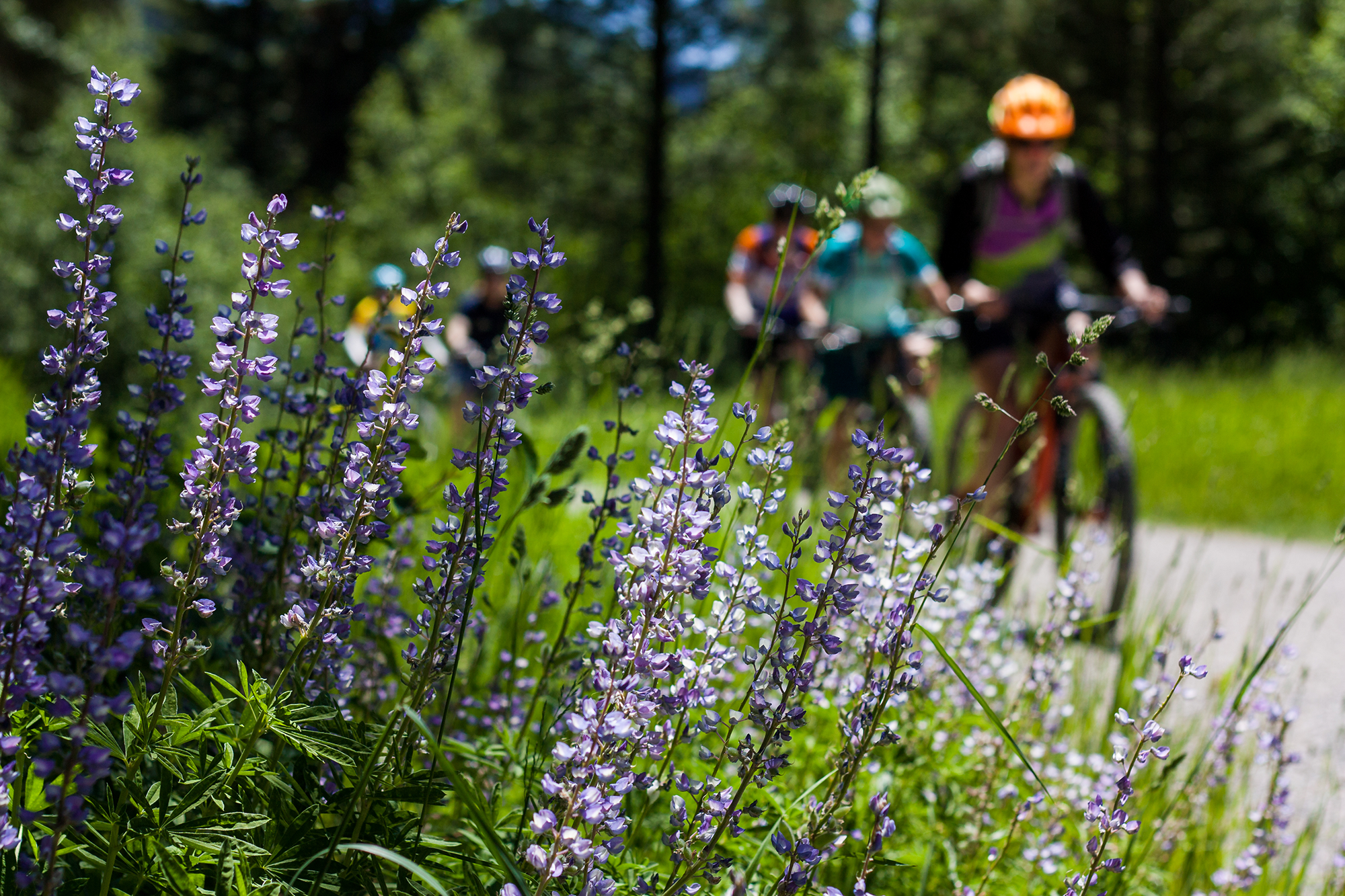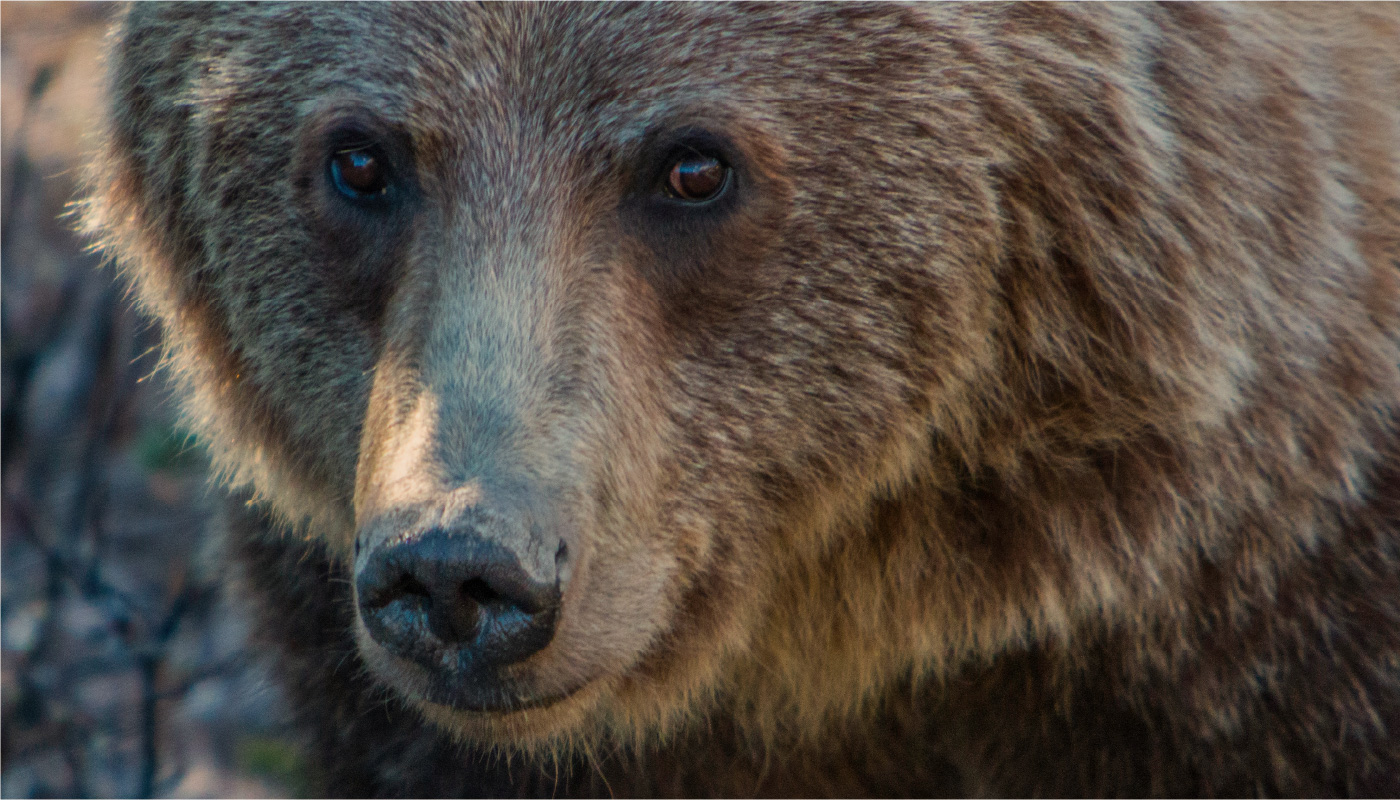Exploring Ethical Space to deepen understanding of Indigenous Peoples’ worldviews
Decisions are a regular part of life: at home, in our work, on future plans, and about who we want to be in our lifetime. These decisions are shaped by our lived experiences, cultures and societies, and gathered knowledge.
When it comes to conservation, the environment, and communities we work with, we must take time to understand perspectives other than the ones we may be used to and most comfortable with, to make more ethical decisions and better our relationships with each other and nature.
From time immemorial, Indigenous Peoples have maintained healthy reciprocal relationships with the natural world. Knowledge and teachings passed down through generations guide deep connections among lands, waters and all beings. Indigenous Peoples’ understandings, practices and aspirations need to be respected, supported, and learned from.
The Ethical Space approach introduces an opportunity to deepen understanding of Indigenous Peoples’ worldviews and authority, which is integral to Truth and Reconciliation efforts and to effectively supporting Indigenous-led conservation.
Since 2020, Y2Y has hosted seven virtual workshops on Ethical Space thanks to guidance from Gwen Bridge, who is a member of the Saddle Lake Cree Nation of Alberta and Y2Y’s Indigenous Relations advisor; the engagement of presenters with unique knowledge and experience; hundreds of participants; and your invaluable support.
“Ethical Space is a beginning moment. It is about acknowledging that we need to create time, space and a place for that learning to happen and through important relationships,” said Michele Sam, a Ktunaxa scholar, who led a 2021 workshop. A Ktunaxa Perspective on Ethical Space was grounded in her own work since 1990s.
“I believe that learning is action,” she says. “The key piece in learning is understanding the ‘why’ behind it… When you are only trying to ‘tick a box’ on a list, that’s when learning becomes disconnected from the intention.”
“Ethical Space is a beginning moment. It is about acknowledging that we need to create time, space and a place for that learning to happen and through important relationships.”
Michele Sam, Ktunaxa scholar, 2021 Ethical Space workshop speaker
Through the Ethical Space series, more than 800 people from all backgrounds have come together to discuss how Indigenous Peoples and non-Indigenous people and organizations can collaborate to create and sustain prosperous communities and healthy landscapes. These workshops have been a catalyst, especially for non-Indigenous people, wanting to learn more about the roles of Indigenous Peoples Knowledges in conservation.
Paris Marshall Smith, a sustainability planner with the Regional District of Central Kootenay, participated with an initial curiosity about what Ethical Space could mean in practice for land-based reconciliation.
“It is easy to get caught up in the dominant ways of being and knowing. This means ongoing learning and curiosity,” says Paris. “I am continuing to learn about Secwépemc, Syilx, Sinixt and Ktunaxa laws and practices to inform my work with climate action, water and watershed governance. I look forward to opportunities to support Indigenous-led land use decisions.”
“It is easy to get caught up in the dominant ways of being and knowing. This means ongoing learning and curiosity… I look forward to opportunities to support Indigenous-led land use decisions.”
Paris Marshall Smith, sustainability planner, Regional District of Central Kootenay and workshop participant
For nature and people to thrive, transformational change is needed. Exploring Ethical Space is a good place to begin. We’re grateful for your support that helps enable these important conversations.
Watch for upcoming workshops in late 2022 and review past presentations:



